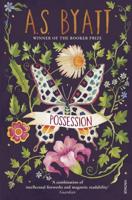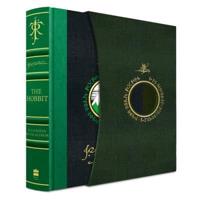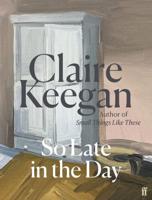Publisher's Synopsis
John Durham, while he waited for Madame de Malrive to draw on her gloves, stood in the hotel doorway looking out across the Rue de Rivoli at the afternoon brightness of the Tuileries gardens. His European visits were infrequent enough to have kept unimpaired the freshness of his eye, and he was always struck anew by the vast and consummately ordered spectacle of Paris: by its look of having been boldly and deliberately planned as a background for the enjoyment of life, instead of being forced into grudging concessions to the festive instincts, or barricading itself against them in unenlightened ugliness, like his own lamentable New York. But to-day, if the scene had never presented itself more alluringly, in that moist spring bloom between showers, when the horse-chestnuts dome themselves in unreal green against a gauzy sky, and the very dust of the pavement seems the fragrance of lilac made visible-to-day for the first time the sense of a personal stake in it all, of having to reckon individually with its effects and influences, kept Durham from an unrestrained yielding to the spell. Paris might still be-to the unimplicated it doubtless still was-the most beautiful city in the world; but whether it were the most lovable or the most detestable depended for him, in the last analysis, on the buttoning of the white glove over which Fanny de Malrive still lingered.









